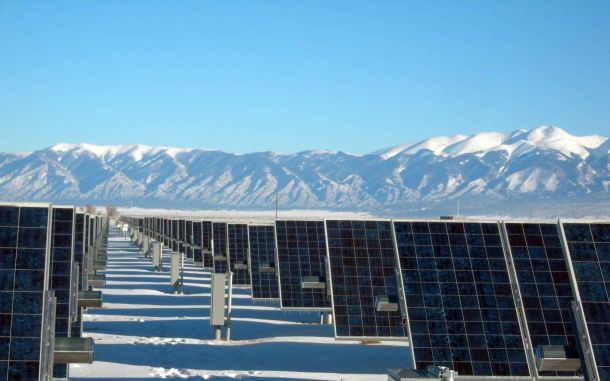Natural Gas
In this blog post, we will discuss the benefits of natural gas and explore how the United States can effectively utilize this resource.
One of the main advantages of natural gas is its abundance. The United States is the world’s largest producer of natural gas, with production reaching record levels in recent years. This domestic production has helped to reduce the country’s dependence on foreign oil and gas, enhancing its energy security and reducing its vulnerability to price shocks in the global energy market.
In addition, natural gas is a flexible and versatile energy source that can be used for a wide range of applications. It is commonly used for power generation, heating, and cooking, as well as in industrial processes such as chemical production and manufacturing. Natural gas is also increasingly being used as a transportation fuel, particularly in the form of compressed natural gas (CNG) and liquefied natural gas (LNG) for trucks and buses.
Another advantage of natural gas is its environmental profile. While it is still a fossil fuel and emits carbon dioxide when burned, natural gas emits lower levels of pollutants such as sulfur dioxide, nitrogen oxides, and particulate matter than coal and oil. It also emits about half as much carbon dioxide as coal when burned for power generation. As a result, natural gas has played a significant role in the shift away from coal in the United States and other countries seeking to reduce their greenhouse gas emissions.
To effectively utilize natural gas while minimizing its environmental impact, the United States has implemented a range of policies and initiatives. These include regulations on emissions from power plants and industrial facilities, incentives for the development of renewable energy sources and energy efficiency measures, and research into new technologies for reducing emissions from natural gas production and use.
One promising area of research is the development of renewable natural gas (RNG) and other low-carbon alternatives. RNG is a form of biogas produced from organic waste such as agricultural and municipal waste and can be used as a substitute for natural gas in a variety of applications. The United States has launched several initiatives to support RNG research and development, including the Renewable Natural Gas Challenge and the Biomass Research and Development Initiative.
Conclusion
Natural gas is a valuable and versatile energy source that has become increasingly important for the United States and the world. While it presents environmental challenges, the United States has implemented policies and initiatives to minimize its impact and develop new technologies for reducing emissions. By effectively utilizing natural gas and investing in sustainable energy solutions, the United States can continue to meet its energy needs while protecting the environment and enhancing its energy security.
Sources:
- U.S. Energy Information Administration. “Natural Gas.” https://www.eia.gov/naturalgas/
- American Gas Association. “Uses of Natural Gas.” https://www.aga.org/natural-gas/uses-of-natural-gas/
- U.S. Environmental Protection Agency. “Clean Energy: Natural Gas.” https://www.epa.gov/natural-gas
- U.S. Department of Energy. “Renewable Natural Gas.” https://www.energy.gov/eere/bioenergy/renewable-natural-gas
- Biomass Research and Development Initiative. “About BRDI.” https://www.energy.gov/eere/bioenergy/biomass-research-and-development-initiative-brdi
- U.S. Department of Energy. “Compressed Natural Gas (CNG) and Liquefied Natural Gas (LNG) Vehicles.” https://www.energy.gov/eere/vehicles/compressed-natural-gas-cng-and-liquefied-n

